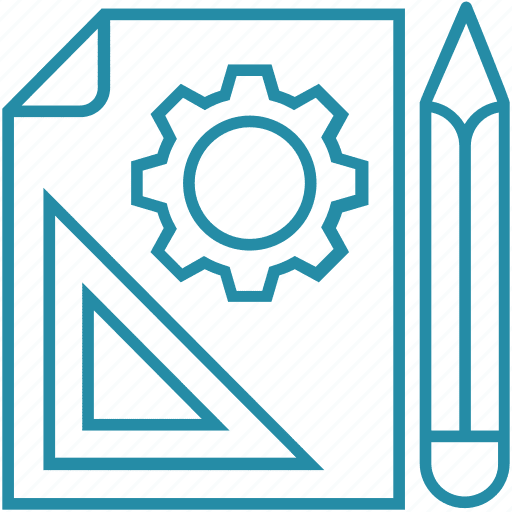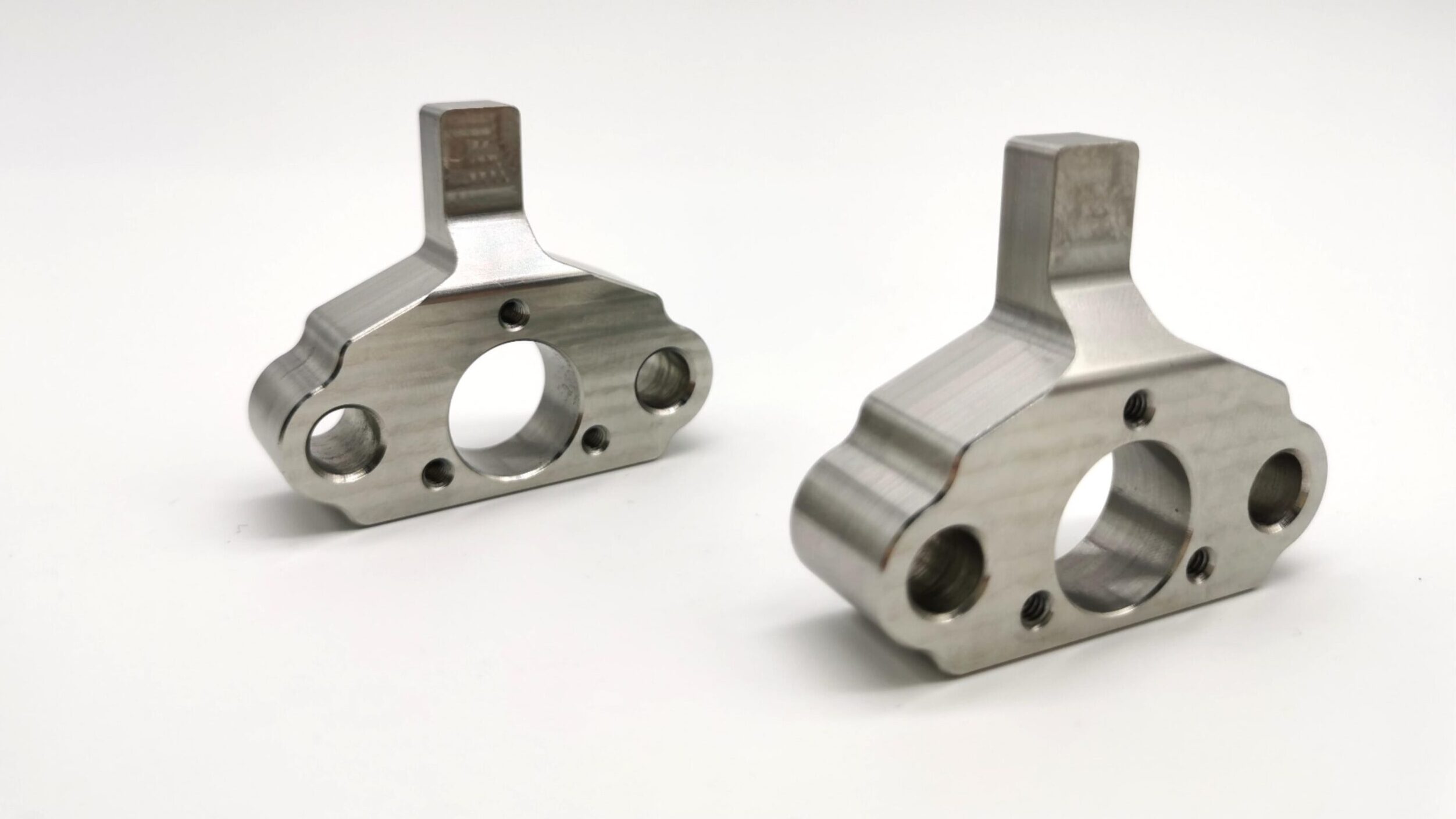- Capabilities
-

CNC Machining
Tight tolerance and 20+ finishes 3, 4 , 5 axis, as fast as 2 days -

Sheet Metal Fabrication
High-precision, on-demand sheet metal cutting and bending. -

3D Printing
SLA, SLS,MJF,SLM, FDM 3d printing with post treatment. -

Vacuum Casting
Production quality parts without the tooling investment.
-
- Solutions

Rapid Prototyping
Fastest lead time of high-quality prototypes at minimal cost.

Low Volume Production
From one-off prototyping to low-volume production.

Mechanical Assembly
Custom assembly for project-specific needs.

Custom Package
Ready to help you prompt your brand.
- Sources

Materials
Select from 100 more types of metals and plastics.

Finishes
Select from 20 more types of surface fishes.

Industries
Providing precision machining and manufacturing solutions.

Cases
How we assist our clients in bringing their projects to fruition.
- Company

Quality Assurance
Consistent quality, every time.

About Us
Your go-to manufacturer for custom parts.

Newsroom
Learn updated news about ECOREPRAP.
Steel Materials for CNC Machining: The Complete Guide 2024
Updated: December 01, 2023
Introduction
CNC machining is a method and manufacturing process in which pre-programmed codes and software control cutting tool movement. Steel is among the extensively prioritized materials in CNC machining. It undergoes the machining process on an industrial scale for manufacturing various instruments and machinery products, exhibiting greater accuracy and precision. This guide is all about the use of steel material for CNC machining.
1. Benefits of using steel in CNC machining
No doubt, steel is a commonly used material for CNC machining. It is a good choice for machining because of its appreciable properties. But, instead of having excellent machining characteristics, you may need some help throughout the manufacturing process. To successfully machine steel parts, you must know all the advantages and difficulties of using steel in CNC machining. Here are the common benefits you may face while machining steel through a computerized controlled machining process.
The main benefits of selecting the steel material for the CNC machining process are discussed below.
1.1 Cost-Effective
One of the major reasons behind using steel in CNC machining for various industrial products is its economical use. It can be machined as thinly as possible according to the requirements of other materials. It is great for manufacturing products with much lower thicknesses, such as pipes. It makes it a very cost-effective material. So, if you want a budget-friendly material for CNC machining, steel is a must-to-go material.
1.2 Higher Durability
Steel is a very strong material that automatically enhances its durability. So, steel is a very durable material, a main requirement for the CNC machining process. It is shock-resistant, so it doesn’t break when an unexpectedly greater force is applied. The CNC-machined steel parts show long-term functioning. You can confidently use it as a durable material for plumbing and buildings and as a supporting road source.
1.3 Recyclable
In comparison to most materials, steel shows greater recyclability. It can be easily machined into desired structures and forms. Any damage to the steel part during machining does not end up with any loss. This loss is because it can easily recycle. As it is recyclable, it is considered an eco-friendly material. It does not cause any damage to the surrounding environment.
1.4 Easily Handled
Steel can easily be handled during machining without extra equipment and effort. Mishandling of the material during cutting can result in an undesirable product. Thus it can lead to a false end product and a waste of time. This is not the case with steel because you can safely run the machining process because of its easy handling.
1.5 Excellent Surface Finish
Steel is a great choice for CNC machining because of its excellent surface finish. You can enhance this surface finish by various physical and chemical means, e.g., polishing treatments.

2. Challenges of using steel in CNC machining
Challenges you may face while machining steel parts may vary according to the type of steel. Here are some common challenges.
2.1 Complex Geometry
Most of the steel grades have complex geometries. Therefore, the machining of such steel grades is quite difficult. They may have asymmetrical shapes or other varying geometric patterns, which are harder for the machine.
2.2 Heat Sensitivity
One of the main challenges you may face while machining steel parts is their heat sensitivities. The steel may be exposed to heat during the cutting. Many steel grades are very sensitive to high temperatures. Thus, they may undergo melting and deformation on exposure to heat, resulting in their destruction.
2.3 Tool Breakage
Machining of the steel parts can cause tool breakage if they are not handled properly. This breakage is due to the reason that various steel grades are tough. You must set an appropriate force and speed for the tools and choose them accordingly during steel cutting; otherwise, they will break.
2.4 Longer Production Time
Steel machining may require a longer time because of its poor machinability. It can directly affect its production time. Thus, it takes more time to produce the end products.

3. Types of steel materials you need to know
3.1 Stainless Steel
Stainless steel is a type of steel, and it contains 10.5% chromium, 1.2% carbon, and different alloying elements. It shows a wide range of surface finishes and excellent mechanical properties. It is highly resistant to fire and heat. Moreover, it is easy to clean and can be easily recycled. It is widely known for its automotive, medical, and kitchen applications.
Stainless steels can be identified based on their crystalline structure. This includes Austenitic, ferritic, martensitic, and duplex.
- Austenitic stainless steel, such as 300- and 200-series stainless, is extremely formable and does not function to harden. They are also non-magnetic in a stiff problem.
- Ferritic stainless steels are magnetic and use far better thermal conductivity than austenitic stainless. They can not be solidified by warmth therapy.
- Martensitic stainless steel such as quality 416 and 420 can be hardened with multiple techniques of aging or heat therapies.
- Duplex stainless steel, also called austenitic-ferritic, are grade of stainless that is highly specialized for enhanced rust resistance. Duplex steels are normal in industrial and architectural structuring.
3.2 Tool Steel
Tool steel is high-carbon chrome steel having carbon content ranging between 0.5%-1.5%. It also contains varying amounts of vanadium, cobalt, molybdenum, and other elements. This type of steel is suitable for the manufacturing of tools. Tool steel is well known for its toughness, heat, hardness, and wear resistance. Tool steel is often with heat treatment.
3.3 Alloy Steel
Alloy steel comprises carbon, iron, and other elements such as chromium, copper, manganese, etc. Its composition contains 5% of alloying elements. Alloying elements enhance its corrosion resistance and machinability. It is commonly used for the manufacturing of pipes and heating appliances.
3.4 Carbon Steel
Similar to stainless steel, carbon steel contains carbon and iron. Carbon steel differs only due to the alloy content. The alloy content in carbon steel is under 10.5%. There are three sub-categories of carbon steel.
Low-carbon steel (0.03-0.15% carbon)
Medium-carbon steel (0.25%-0.50% carbon)
High-carbon steel (0.55%-1.10% carbon)
It is a perfect option for a wide range of construction projects because of its low cost and relative adaptability.

4. Mostly used steel materials in CNC machining
| Types of steel | Description | Benefits | Drawbacks | Uses | |
| 8630 | Low Alloy Steel | Known for its hardness and greater strength | Better response to thermal treatments | Need thermal treatment before or after the machining process | Used in valves, crankshafts, gears, etc. |
| 4140 | Low Alloy Steel | Have low contents of manganese, molybdenum, and chromium | Shows greater machinability at the annealing point | Post-thermal treatments are essential in some conditions | Used in spindles, bolts, nuts, etc. |
| 8620 | Low Alloy Steel | It is ductile and has greater strength. It is responsive against hardening. | It is resistant to wear and has greater strength. | It doesn’t respond well to induction or flame hardening | Used in chains, fasteners, piston pins, etc. |
| 1144 | Medium Carbon Steel | It is a desulfurized carbon steel that contains sulfur and manganese | Shows resistance against wear and deformation. | It cannot use properly welded. | Used in rods, screws, gears, etc. |
| 1018 | Mild Carbon Steel | It is perfect for carburized components. | Provides greater surface toughness and machinability. | It is less pliable and offers lower strength. | Used in studs, anchor pins, chain pins, machinery parts, etc. |
| 1045 | Medium Carbon Steel | It is the most popular steel type containing sulfur, phosphorous, and carbon. | Exhibits high strength and good machinability and Weldability. | It has limited mechanical properties due to the absence of alloying contents. | Used in casters, pinions, machinery parts, etc. |
| SS 303 | Stainless steel | It is austenitic stainless steel. | Durable, corrosion, and heat-Resistant | May rust and pit in marine environments | Used in shafts, gears, bolts, etc. |
| SS 304 | Stainless steel | Contains 18% chromium, 8% nickel, and 0.08% carbon. | Oxidation and corrosion-resistant, durable | It may corrode | Used in industrial and household applications. |
5. Design consideration for steel in CNC machining
CNC machining is a subtractive method used to fabricate precise and accurate parts. You need to consider some common considerations while using steel and want to develop machined parts.
The main design and material considerations you must keep in mind for the proper functioning of steel are:
Stainess steel has different grades or alloys, which have different ratios of corrosion resistance. Finding the most suitable grade takes time. Make sure you are using the suitable and correct type of grade for your project.
Ferritic stainless steel includes 400 grades and is the most recommended grade due to good corrosion resistance and easy-to-machine capabilities. This grade has high thermal conductivity.
Austenitic stainless steel includes grades 302 and 316. These grades have many applications and are used for household items and mechanical parts. These grades have good corrosion resistance.
Stainless steel is considered a good choice where we need strength to weight factors such as it is required for the aerospace industry. So steel is good to use for aerospace parts manufacturing.
Due to its self-healing surface features, stainless steel is most commonly used in hygiene, and sanitary applications as any surface damage heals naturally by a chromium oxide film.
6. Is steel the right choice for your project?
Choosing a certified, expert company and steel for your project can be the perfect decision because of the excellent properties of steel alloys. Different types of steel alloys are well-suited for manufacturing various products.
Its excellent mechanical properties, machinability, higher strength, and greater workability make it suitable for industrial, construction, and infrastructure industrial plans. Moreover, its low cost makes it the right choice for small-scale projects demanding lower costs.
ECOREPRAP is a professional CNC manufacturer of all types of steel, including stainless steel, alloy steel, tool steel, and carbon steel. Rich surface finish treatments are provided, for example, heat treatment, zinc plating, passivation and more. Get an accurate quotation and have your parts made on time with high quality!






